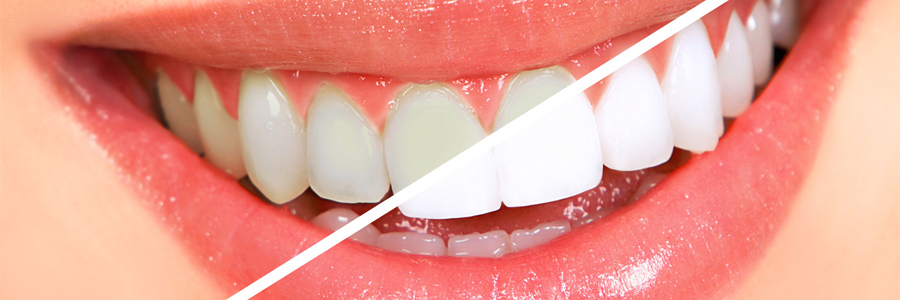The legislative change in October 2012 confirmed the legal position on teeth whitening. This made it illegal for non-dental professionals to undertake teeth whitening. We are proud to join the BDA (British Dental Association) who are continuing urging dentists to fight the scourge of illegal whitening.
1.Whitening is safe
If whitening is carried out by a trained dental professional, whitening is perfectly safe. Their knowledge of your oral health will enable your dentist to discuss with you the options available, decide if tooth whitening is appropriate for you and develop an overall treatment plan that gives the desired result.
You will get to see on a chart what shade your teeth are before the treatment and what shade you’re likely to achieve. At the end of the treatment the dentist will show you the actual result so you can understand how effective it was. Of course you will also see when you look in the mirror!
2.Only trained dental professionals can whiten teeth
It is illegal for anyone other than dentists or their teams to carry out teeth whitening. Anyone else offering teeth whitening (e.g. beauticians, hairdressers, and salon staff) won’t have the right training and knowledge, could permanently damage your teeth and gums and can’t help you when something goes wrong.
3.The preferred option
Whitening won’t remove the surface of your teeth or change their shape. It’s often a better option than alternatives, such as veneers, because it doesn’t involve permanently altering the tooth’s structure and is easy to look after.
4.Selecting the right option for you
Your dentist is trained to know what whitening products will be safe for your teeth and gums. Products provided by non-dentists often do not have enough safety data and evidence to support their use; this can result in burned gums and/or blistered lips or even more serious consequences. Using products that are not appropriate for you will produce poor results.
5.How it works
A carefully-controlled concentration of bleach is applied to your teeth using specially-made trays that fit in your mouth. Your dentist will be able to discuss with you the level of whitening you want and give you an idea of how many treatments you may need to achieve the shade you’re after.
Like hair and skin, teeth vary in colour. Some are yellower or darker than others, even when they are quite healthy. Teeth tend to get darker as people get older. Teeth sometimes become darker if their roots have been damaged or diseased and the ‘nerve’ has died.
6.What to expect
You may experience some sensitivity for a short time during your treatment but this is normal and will soon fade away after completion.
7.Over the counter kits might not be safe
The products you can buy online or from high street shops often fail to declare the precise chemicals used so it’s very difficult to assess their safety. Because of this they should not be considered safe. These products won’t produce the same good results you can expect by visiting your dentist.
Tooth colour can be lightened with Hydrogen Peroxide (bleach) and how strong the dose needs to be will be decided by your dentist.
